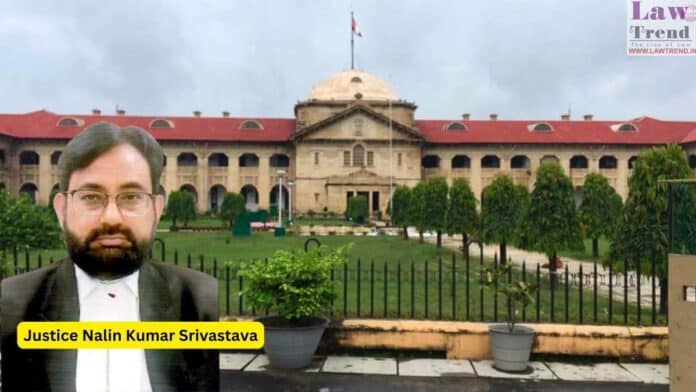In a significant judgment, the Allahabad High Court set aside the externment orders passed against Wahid @ Abdul Wahid under the Uttar Pradesh Control of Goondas Act, 1970, citing lack of evidence and arbitrary decision-making by the authorities. Background of the Case: Wahid, the petitioner in Criminal Misc. Writ Petition No. 12979 of 2024, had
To Read More Please Subscribe to VIP Membership for Unlimited Access to All the Articles, Download Available Copies of Judgments/Order, Acess to Central/State Bare Acts, Advertisement Free Content, Access to More than 4000 Legal Drafts( Readymade Editable Formats of Suits, Petitions, Writs, Legal Notices, Divorce Petitions, 138 Notices, Bail Applications etc.) in Hindi and English.




